The Paradox Principle
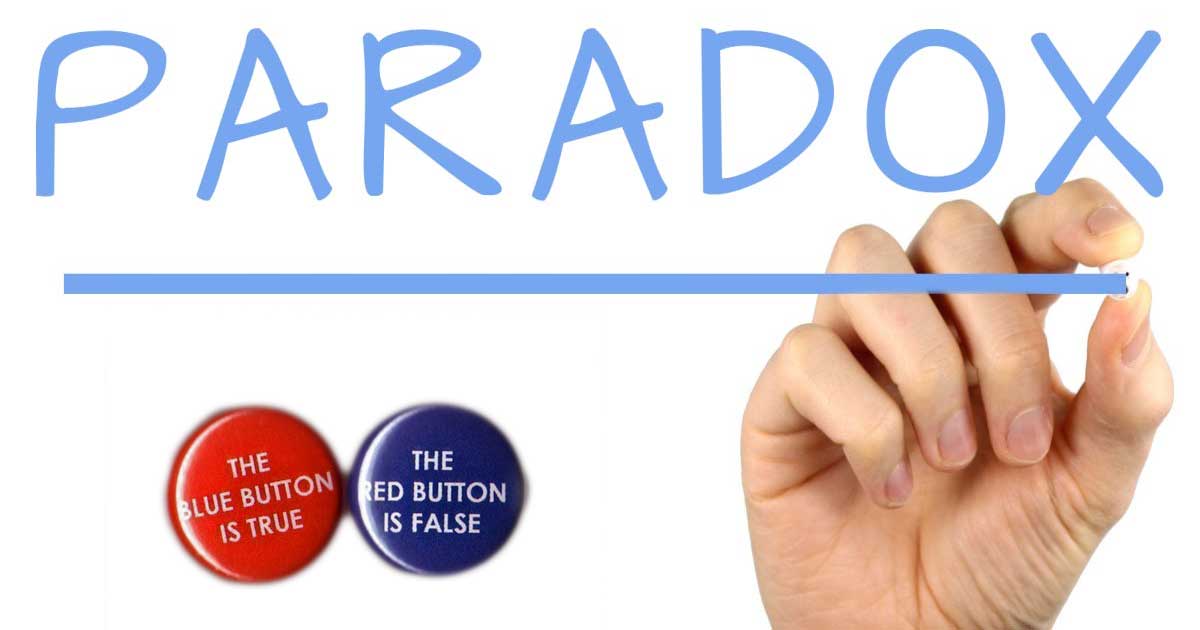
In practice, human action often has paradoxical or unintended effects. Sometimes effects or side effects even have the exact opposite effect as intended.
Equality is a symbolic expression of things being equivalent in value, but not necessarily “exactly the same”.
In terms of civil equality it expresses an equality of civil liberty, right, and justice in accordance with the ideal general will.
Mathematically, and generally, equality simply expresses an equivalence of value (such as in 1+2=3 and F=ma).

In practice, human action often has paradoxical or unintended effects. Sometimes effects or side effects even have the exact opposite effect as intended.
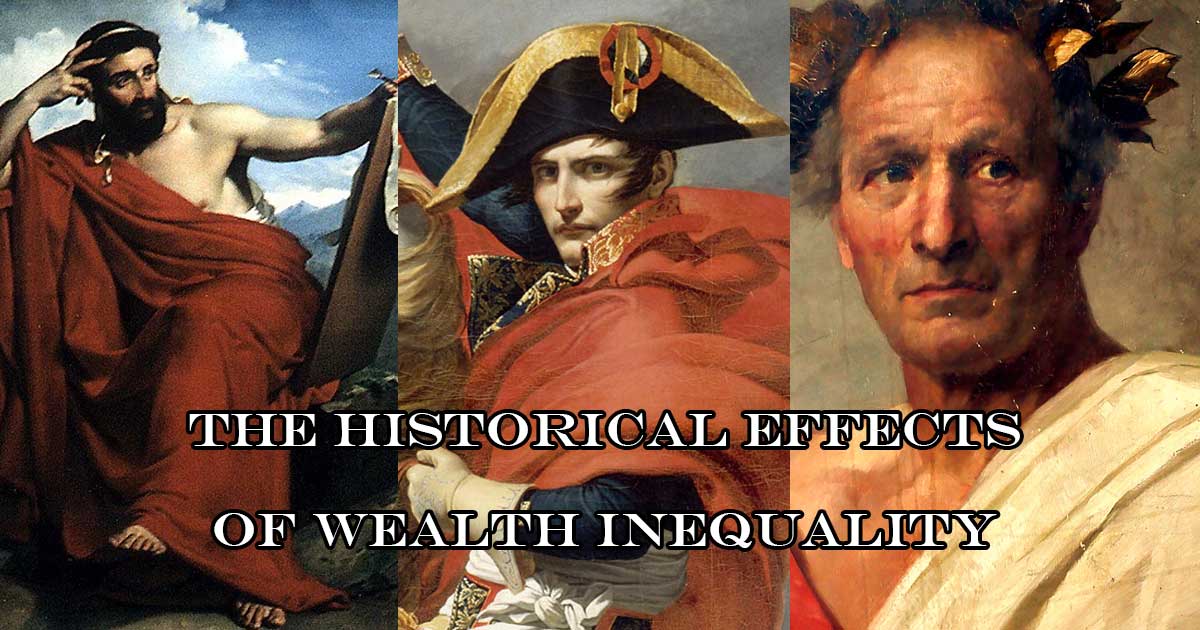
We examine the historical effects of social, political, and economic inequality on society to see how it has led to social unrest and events like revolutions and populist uprisings.
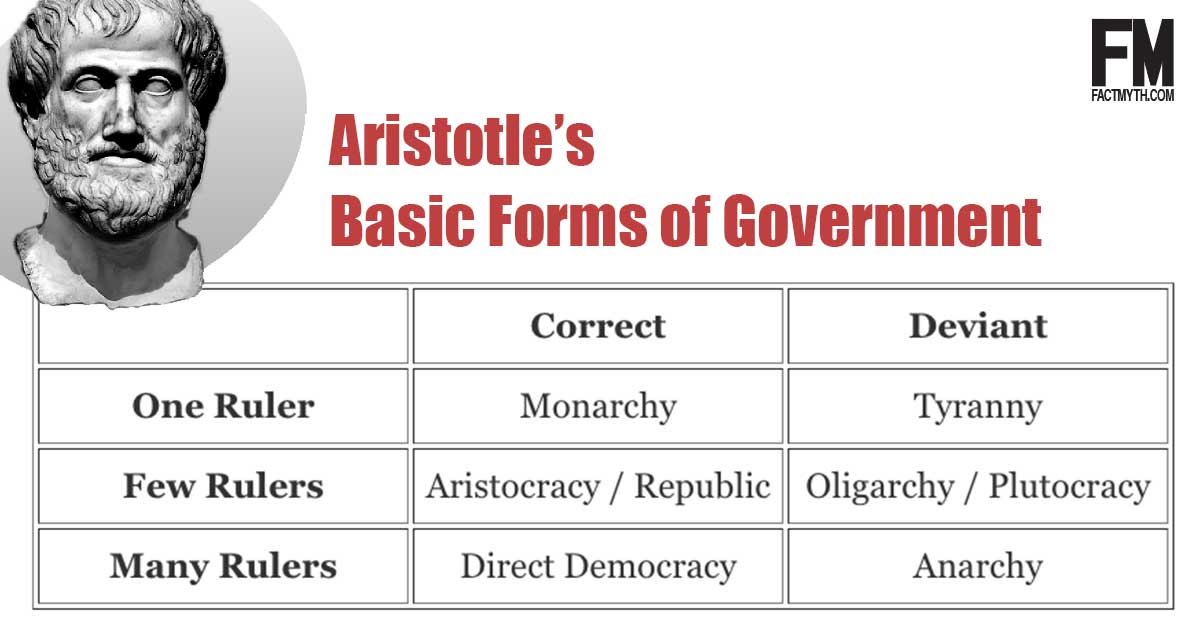
We explain and list the types of governments. We cover the basic classical forms of government, the many types of governments that can be derived from the classical forms, and the actual forms of governments in practice.
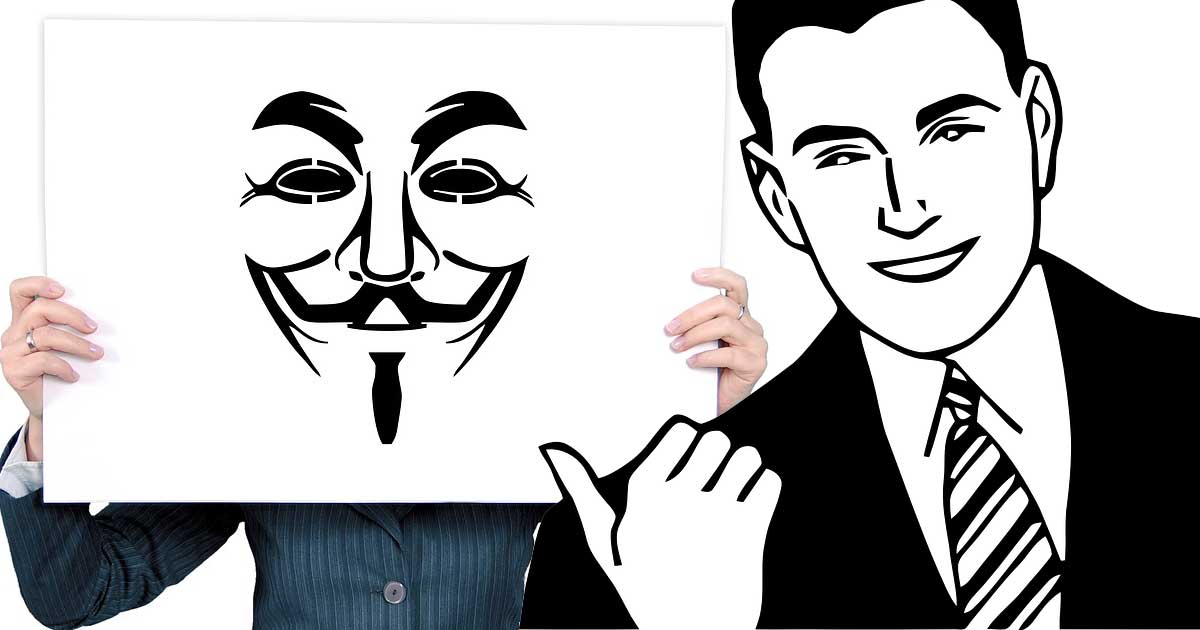
Most groups, bound by class, race, religion, socioeconomic status, or some other force have faced oppression with rebellion. Here are tips on avoiding common pitfalls.
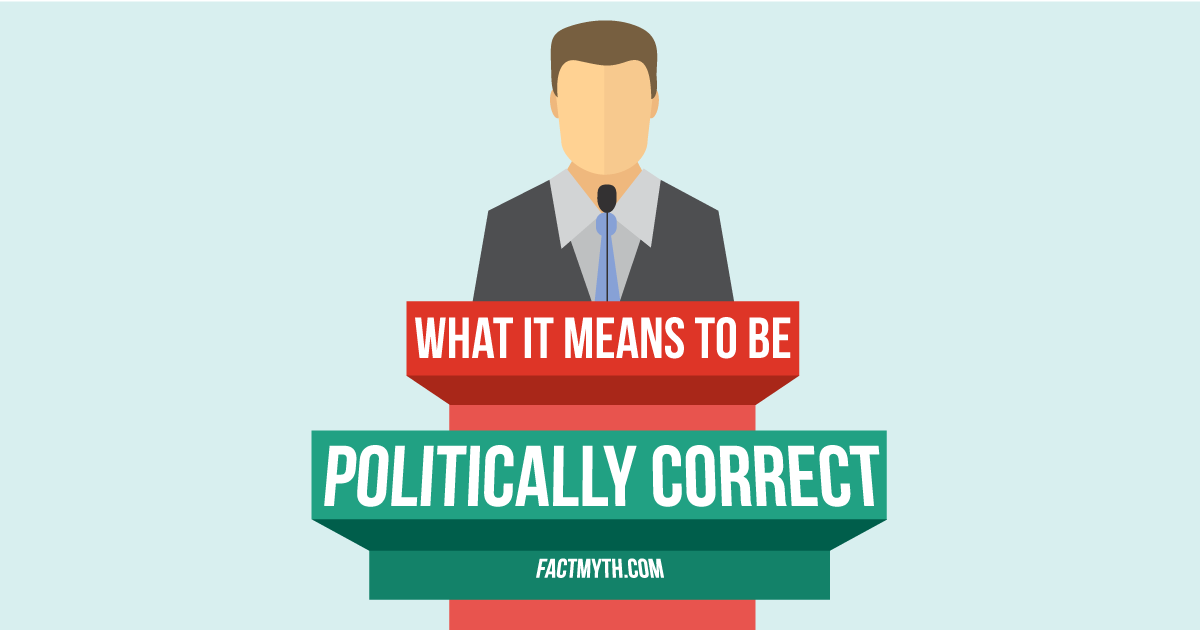
Political Correctness (politically correct or PC), describes how much tolerance, sensitivity, censorship, and freedom of expression “is correct” in a given setting.
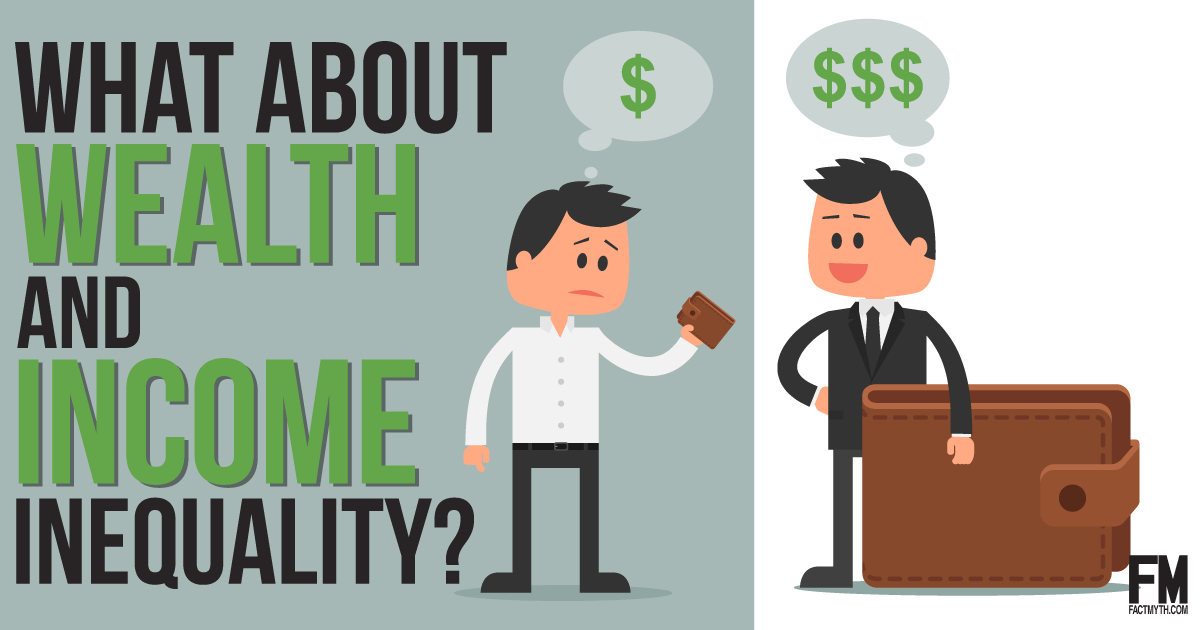
We explain economic inequality from a historical perspective, and then consider the effects of wealth inequality and income inequality in America today.
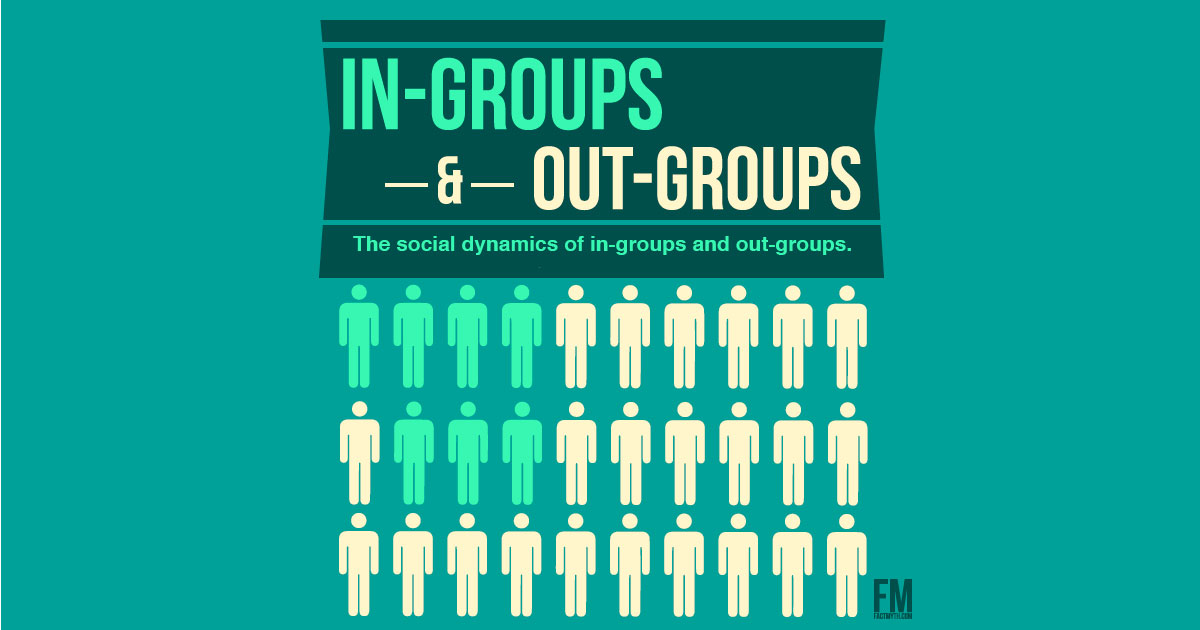
An “in-group” is a group you are part of (genetically, culturally, or ideologically), while an “out-group” is a group you aren’t part of.
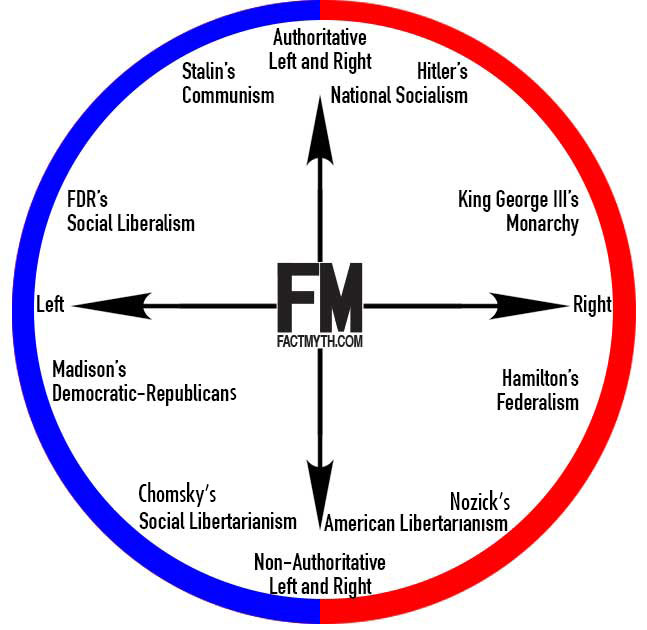
The left-right political spectrum is used to create a model that shows a spectrum of political positions. Traditionally there is a 2-axis spectrum of left and right, but there are also many widely adopted 4-axis model.